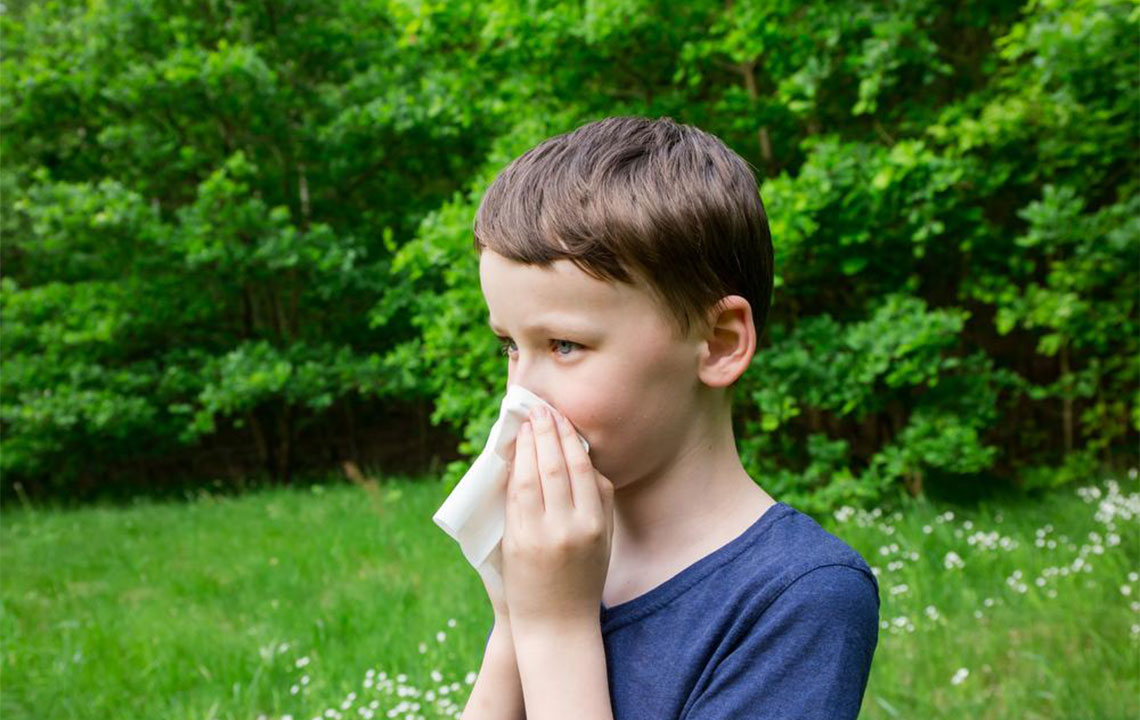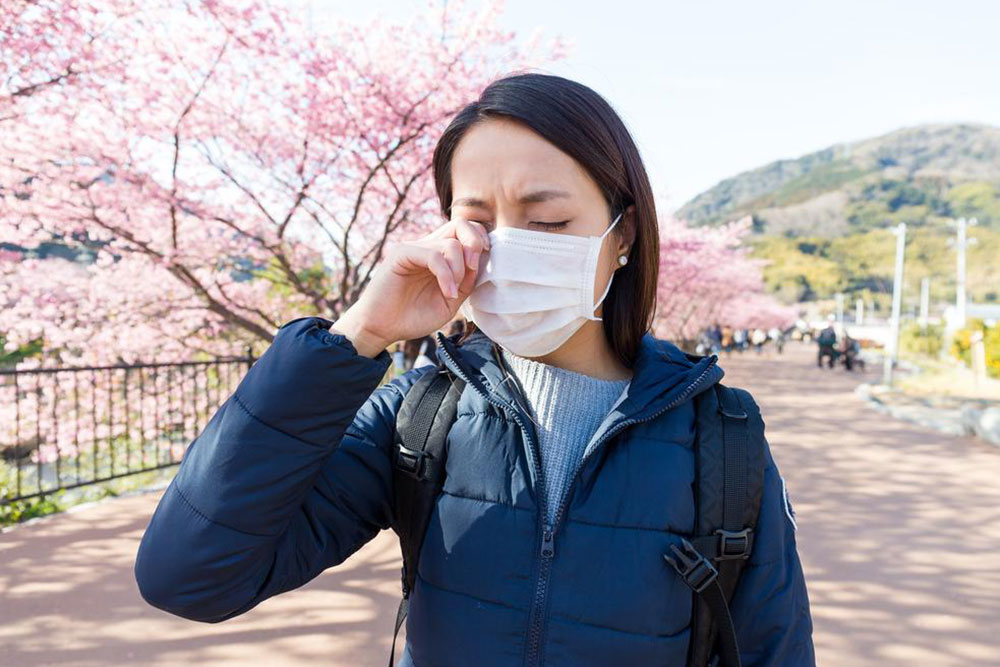Comprehensive Strategies to Manage and Relieve Pollen Allergy Symptoms Effectively
Explore comprehensive strategies for effectively managing and relieving pollen allergy symptoms. Learn about preventive medications, natural remedies, and lifestyle adjustments to reduce discomfort during peak pollen seasons. This detailed guide offers insights into understanding pollen triggers and optimizing treatment options for better quality of life.

Comprehensive Strategies to Manage and Relieve Pollen Allergy Symptoms Effectively
Pollen allergy affects a significant portion of the population, with over 50 million Americans experiencing distressing symptoms such as sneezing, persistent coughing, itchy and watery eyes, wheezing, and nasal congestion. These allergic reactions not only impact daily life but also lead to substantial economic costs, with global expenses reaching approximately $6 billion annually due to medication, healthcare visits, and lost productivity. As a chronic condition, pollen allergy management emphasizes controlling symptoms since a definitive cure has yet to be discovered.
While pharmaceutical options can provide relief, many come with undesirable side effects like drowsiness, which can interfere with work, focus, and daily activities. As a result, allergy sufferers are continually searching for effective, non-sedating alternatives that can help them navigate allergy seasons more comfortably and safely.
So, what are the most effective options for alleviating pollen allergy symptoms without compromising daily productivity? How can individuals minimize their discomfort during peak pollen seasons?
Understanding Pollen and Its Impact on Allergies
Pollen consists of microscopic particles produced by flowering plants, trees, and grasses as part of their reproductive process. Although pollen is vital for plant reproduction, not all pollen particles trigger allergic reactions. Usually, dried pollen from grasses, weeds, and certain trees is responsible for allergy symptoms. Interestingly, even if your yard lacks allergenic plants, airborne pollen from external sources like ragweed can travel long distances, affecting individuals far from the original source.
During days with high pollen counts, the best strategy is proactive prevention through regular use of allergy medications, ideally starting before the onset of the pollen season. These medications work by targeting the body's chemical response, primarily focusing on reducing symptoms such as sneezing fits, itchy eyes, nasal congestion, and wheezing. Antihistamines are among the most common and effective medications used to block histamine receptors, thereby preventing many allergic reactions. The key to successful symptom control lies in consistent, preemptive medication use, ideally before symptoms become severe.
When antihistamines are taken regularly, they inhibit the release of histamine, a chemical responsible for many allergy symptoms, reducing their severity. However, they do not eliminate symptoms once they have appeared. For quick relief of acute symptoms, nasal corticosteroids are recommended, especially if started about two weeks before pollen counts peak. According to the American Academy of Allergy, Asthma, and Immunology, initiating treatment early helps stabilize the immune response and minimizes the risk of severe reactions. Additional treatment options include over-the-counter antihistamines, combination medications incorporating decongestants, and personalized allergy immunotherapy (allergy shots) for long-term relief.
In addition to medications, simple yet effective home remedies can provide relief. Saline nasal sprays or rinses help flush out pollen particles from nasal passages and reduce irritation. They can also decrease IgE levels, which play a significant role in allergic reactions. For persistent or severe symptoms, allergy testing can identify specific triggers, and desensitization therapy (allergy shots) can gradually build immunity against particular allergens. Adhering strictly to your prescribed treatment plan and making environmental adjustments can significantly improve quality of life during pollen seasons.
In summary, managing pollen allergy symptoms involves a multi-faceted approach that combines preventive medications, lifestyle changes, and sometimes advanced medical interventions. Staying informed about daily pollen forecasts, reducing outdoor activities during peak pollen times, and implementing environmental controls—such as using high-efficiency particulate air (HEPA) filters and keeping windows closed—are vital strategies. Consulting with healthcare professionals ensures personalized treatment plans, helping allergy sufferers regain control over their health and well-being during challenging seasons.





